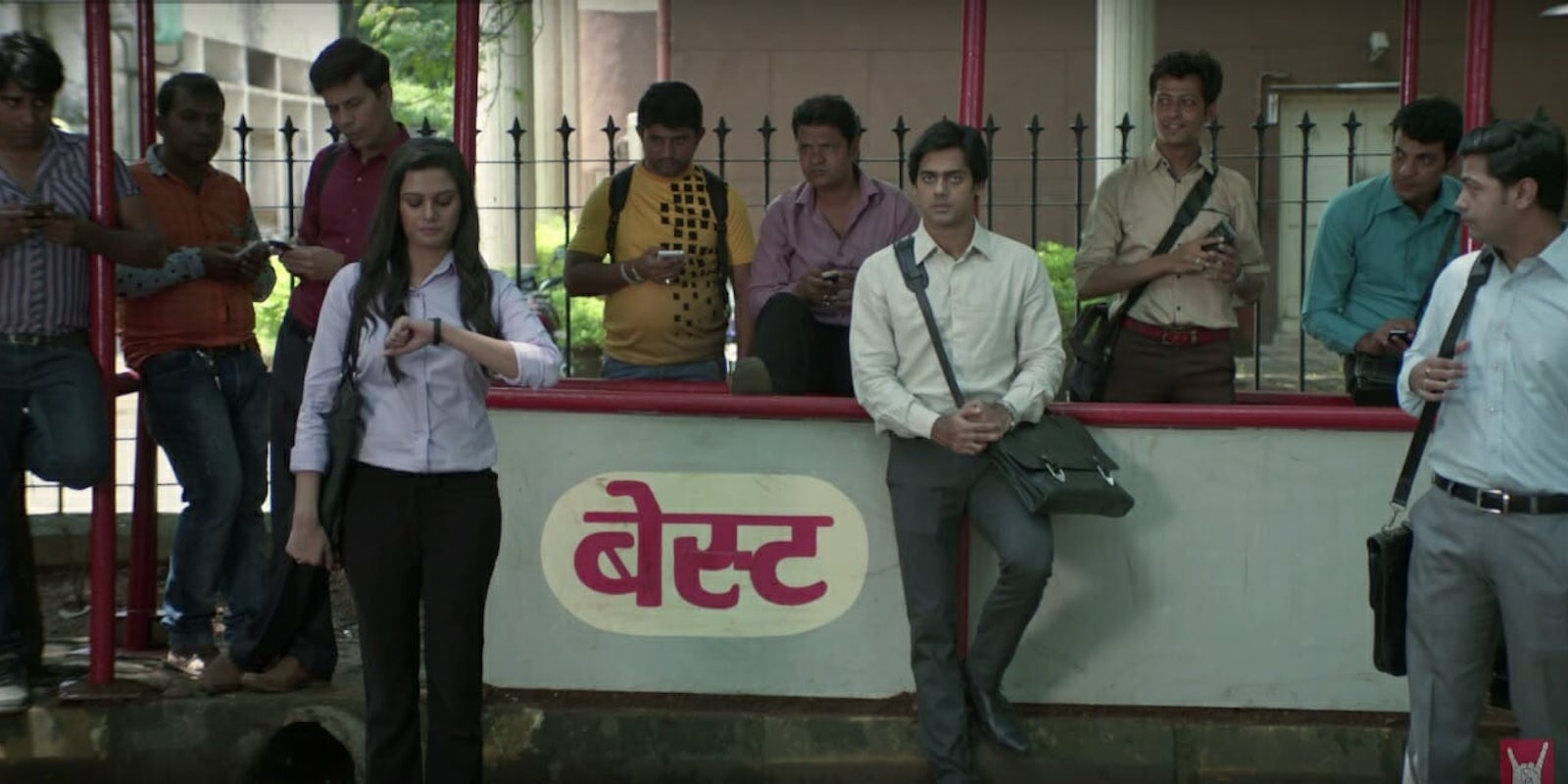Just this week, riders in all the 22 Indian cities that Uber covers received a tech upgrade—an enhanced “help” button that can connect them with police, as well as send complete driver, rider, and trip information to the authorities and to emergency contacts.
It is a step in the right direction for the prevention of the type of sexual assaults that have occurred on the service, but to tackle the country’s publicized culture of gang rape, violence, and wider gender disparity, there needs to be something of a revolution of attitudes and values.
This is the rationale behind Man’s World, an initiative of the United Nations Global Goals for Sustainable Development. The four-part webseries, which encourages men to “walk a mile” in the shoes of women, was made in conjunction with Project Everyone, a charity founded by Richard Curtis.
The actual role of Curtis—the man behind British comedy landmarks Blackadder, Mr. Bean, Four Weddings and a Funeral, and Love Actually—in Man’s World is anyone’s guess, but the nature of the series has some of the hallmarks of his oeuvre; men eternally trapped in adolescence sprouting gentle humor punctuated with cheap laughs.
And this, considering the series’ objectives, is something of a problem.
Kiran, played by Gaurav Pandey, is a jerkish 20-something who laughs at his mother’s cooking, leers at women, harasses his love interest by text, and berates his female colleagues over the simplicity of motherhood. Fed up after being stood up on a date and believing that women hold all the power in the war of “chest and breast,” he calls upon the gods to “flip it”—a wish that is granted the next day when men and women have swapped their gendered roles.
Kiran is loathsome. Yet he also meant to be the everyman, the normal guy whose attitude toward the other sex will be transformed by his gender-switching experience. But the fact he is meant to be normal is a chilling thought and shows the mountain there is to climb.
In the first episode, he equates marital rape to “stealing from your own wallet,” a view that is not just left unchecked but is actually validated by his friend’s subsequent rant against equality.
It’s the sort of statement that makes you think that if these are the sort of attitudes to be changed, then perhaps a moderate, role-swapping comedy isn’t really the best approach. If all your observations as a filmmaker are mollified by humor, are you being as effective in your mission as you could be? Here, even the inevitable punishment that Kiran receives at episode’s end is played for a chuckle: He gets period pains, and in the street he menstruates.
And it’s a problem that even the series’ creators admit. At the conclusion of the episode, the cast reappears and announces that along with sexism and gender equality, another problem in India is the understanding of subtlety. And like kindergarten teachers they explain what the show really means. It’s probably necessary, and who knows, might even work. But you fear that the intended audience have turned off well before this point, still laughing about menstruating men and raping wives.
Screengrab via YFilms/YouTube


